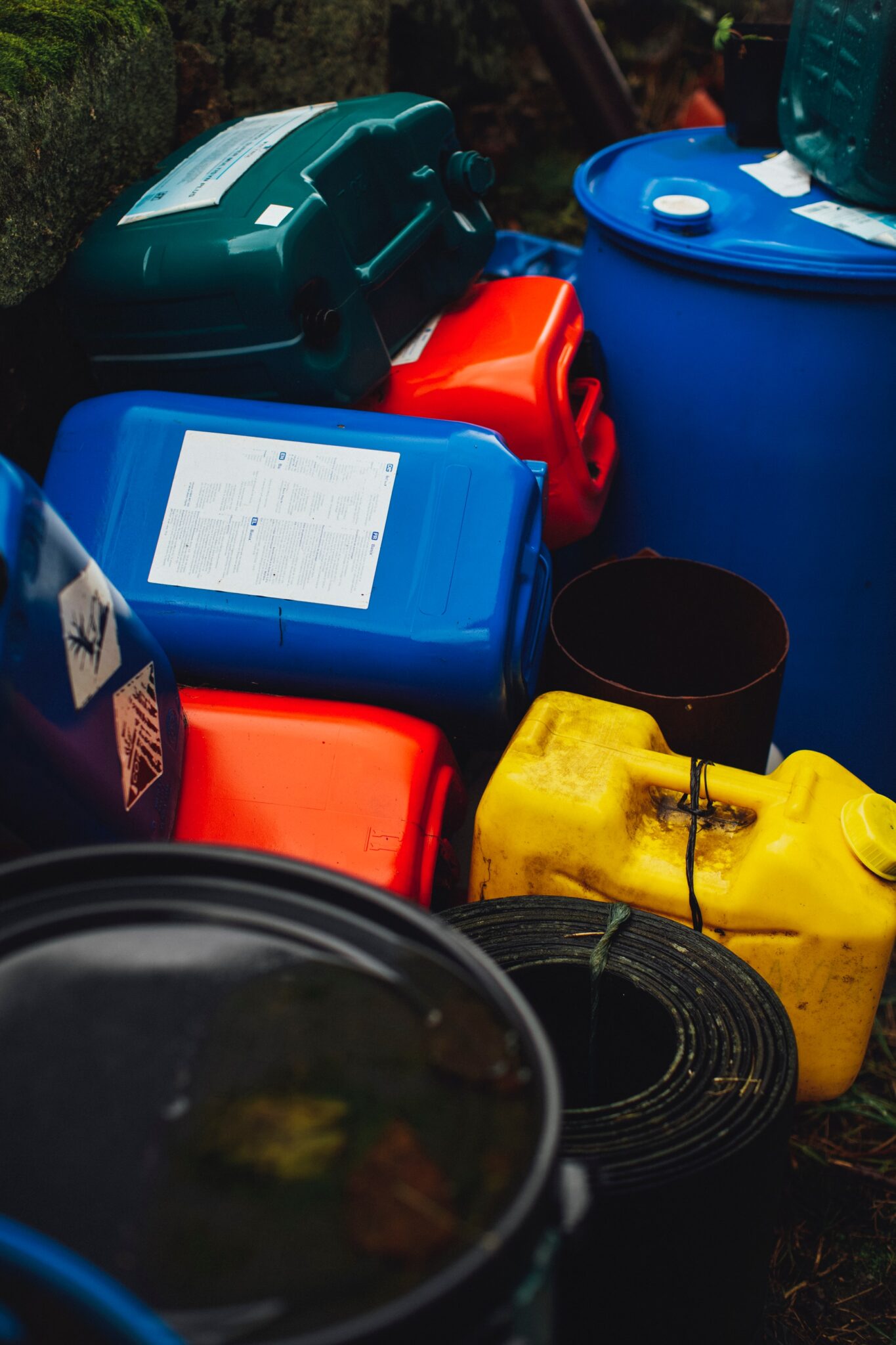
Industrial waste is any residual or unwanted material generated from industrial processes or operations. There are varying types of industrial waste, both hazardous and non-hazardous, that can be detrimental to the environment if not handled properly.
With environmental regulations in the United States becoming stricter, it’s more important than ever that your business is both educated and prepared to appropriately dispose of waste generated by your facility. In fact, you are legally responsible for any waste generated up to the point when it is disposed of, called “cradle to grave ” – this means you could get stuck with costly fines or a damaged reputation if you don’t take the proper precautions. We’ve assembled a guide to help you better understand industrial generated waste.
Industries That Produce Waste
There are many industries that generate hazardous waste, some of which you may not even have considered. Some of the more common examples include but are not limited to the following:
- Automotive & Transportation
- Chemical Manufacturing
- Consumer Goods
- Consulting & Engineering Firms
- Food Manufacturing
- Government Agencies
- General Manufacturing
- Healthcare & Medical Offices
- Mining & Fossil Fuels
- Publishing & Printing
- Retail Stores
- Textile Manufacturers
- Universities
- Utility Providers
Types of Industrial Waste
Industrial waste, whether it is hazardous or non-hazardous, can cause significant environmental damage if not properly managed and disposed of. Below, we break down the most common types of industrial waste.
Solid Waste
Solid waste consists of any physical materials that have been abandoned or disposed of, such as garbage. Solid waste is often generated by processes such as water treatment, steel and iron manufacturing, agricultural or inorganic chemicals, plastics manufacturing, and so forth.
Toxic Waste
Toxic waste is the often-dangerous byproduct of industries that can contaminate the environment by way of air, water and soil.
Chemical Waste
Chemical waste is not always considered hazardous, but generally contains mostly harmful chemicals. According to the U.S. Environmental Protection Agency, for chemical waste to be considered hazardous it must be ignitable, corrosive, reactive or toxic.
Secondary Waste
Secondary waste includes any residual or scrap material resulting from production or manufacturing. Some examples of this type of waste include spent foundry sand, construction materials or debris, and coal combustion.
How To Dispose Of Industrial Waste
Improperly disposing of industrial hazardous waste materials can have severe consequences to not only your company but also to the environment and your community, with carelessness or missteps likely to land you in hot water. If your company is part of a market sector that generates industrial waste, you must fully understand the responsibilities when it comes to its management, disposal and transportation.
Many industrial businesses that generate waste choose to work with a trusted waste management company. They can help guide you through the complicated processes of management, transportation, and disposal while ensuring you follow all legal regulations.
Contact the Waste Experts at MLI Environmental
A professional, licensed waste management company such as MLI Environmental can help you every step of the way, from creating a customized waste management plan and assisting in proper training to handling transportation.
To learn more about the waste services we offer at MLI Environmental, please request a quote from us today.
